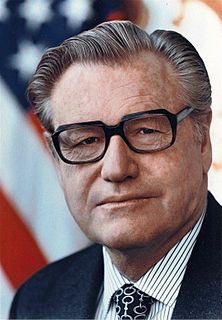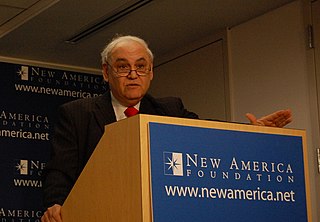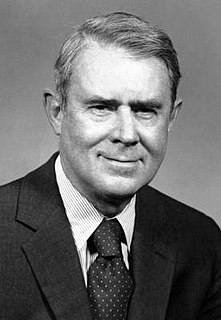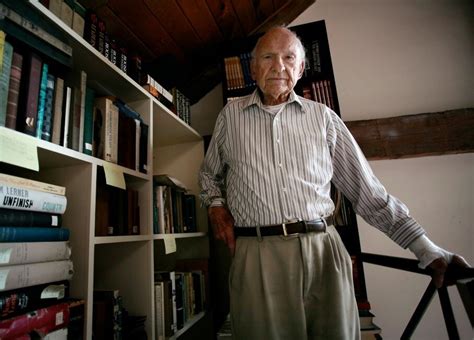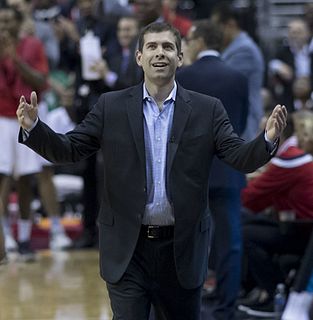A Quote by Nelson Rockefeller
The fundamental question for the United States is how it can cooperate to help meet the basic needs of the people of the hemisphere despite the philosophical disagreements it may have with the nature of particular regimes. It must seek pragmatic ways to help people without necessarily embracing their governments. It should recognize that diplomatic relations are merely practical conveniences and not measures of moral judgment.
Quote Topics
Basic
Basic Needs
Cooperate
Despite
Diplomatic
Diplomatic Relations
Disagreements
Embracing
Fundamental
Fundamental Question
Governments
Help
Help Me
Help People
Hemisphere
How
Judgment
May
Measures
Meet
Merely
Moral
Moral Judgment
Must
Nature
Necessarily
Needs
Particular
People
Philosophical
Practical
Pragmatic
Question
Recognize
Regimes
Relations
Seek
Should
States
United
United States
Ways
Without
Related Quotes
Conscience is the most dangerous thing you possess. If you wake it up, it may destroy you. To live a life of total moral rigor is not necessarily the way to go. It's the path for very few people. Most people need to come up with some kind of middle ground that satisfies their practical, moral, and philosophical esthetic needs.
It is important for me, as a popular artist, to make clear to the governments of the United States and Mexico that despite the strategy of fear and intimidation to foreigners, despite their weapons, despite their immigration laws and military reserves, they will never be able to isolate the Zapatista communities from the people in the United States.
We know that the African regimes, many African regimes have failed their people and many Africans want regime change, and there are a lot of African leaders who make promises but don't carry them out. I mean, the progress - I mean, it is noble for the rich countries to help Africa, but then the question is: What are African leaders themselves doing to help their own people?
I think everybody knows that Africa is in a very deep crisis. There is economic misery and social deprivation and that Africa needs help but the question then is how. And also we have to make sure that we don't repeat old mistakes; this help is only short term. It doesn't address Africa's long-term fundamental needs and how to put Africa on the right track to development. What Africa needs to do is to grow, to grow out of debt.
Deal with just the basic fact: we will never have enough money for lawyers for poor people. So one of our major initiatives has been to develop new technologies that can help people without a lawyer navigate the legal system, and help sort the cases that really need to have a lawyer from those where an individual with some help online, may be able to manage by him or herself.
"Teachers"... treat students neither coercively nor instrumentally but as joint seekers of truth and of mutual actualization. They help students define moral values not by imposing their own moralities on them but by positing situations that pose hard moral choices and then encouraging conflict and debate. They seek to help students rise to higher stages of moral reasoning and hence to higher levels of principled judgment.
Kant regards the universalizability test for maxims as focused on a very special sort of situation: one where the agent is tempted to make an exception to a recognized duty out of self-preference. The universalizability test is supposed help the agent to see, in a particular case of moral judgment, that self-preference is not a satisfactory reason for exempting yourself from a duty you recognize. Kant thinks, as a matter of human nature, that this situation arises often enough and that we need a canon of judgment to guard against it.
